Buying a Restaurant with SBA Lending. Things to Know
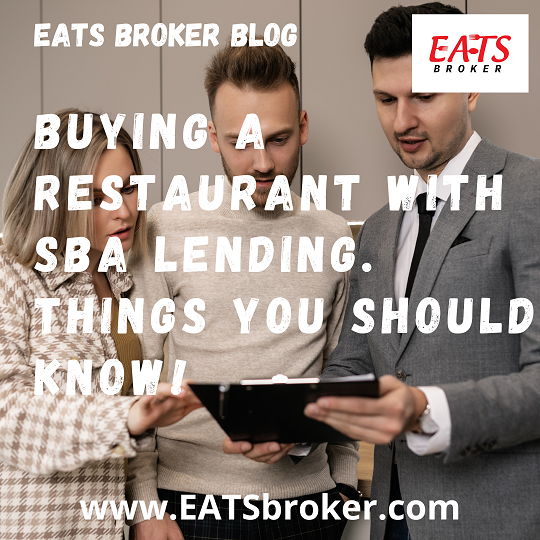
Buying a Restaurant with SBA lending is a great opportunity for buyers to finance up to 90% of the total acquisition cost. Restaurant Acquisitions are eligible for Small Business Administration (SBA) 7(a) loans, but the process can be time-consuming and requires many supporting documents. The restaurant buyer’s and the restaurant seller’s financial documents must be […]
5 Benefits of Buying an Existing Restaurant
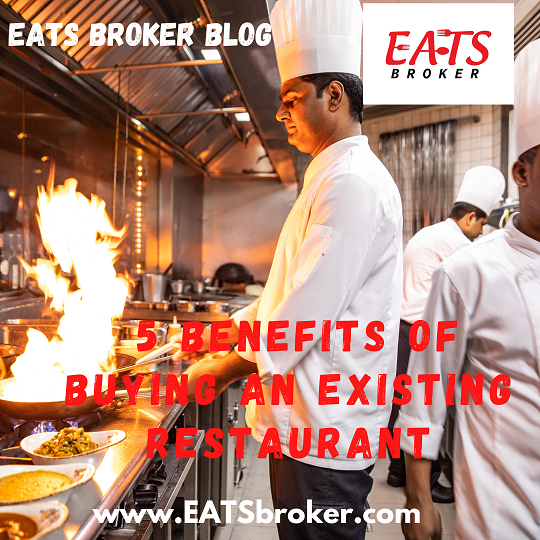
The 5 Benefits of Buying an Existing Restaurant have many positive attributes. The current restaurant owner has built a proven business model, established a client base, and gone through the headaches of the initial building-out phase of the restaurant space. The harsh reality of the restaurant industry is that 60% of restaurants will close their […]
Time to sell your restaurant? How to defend your listing price
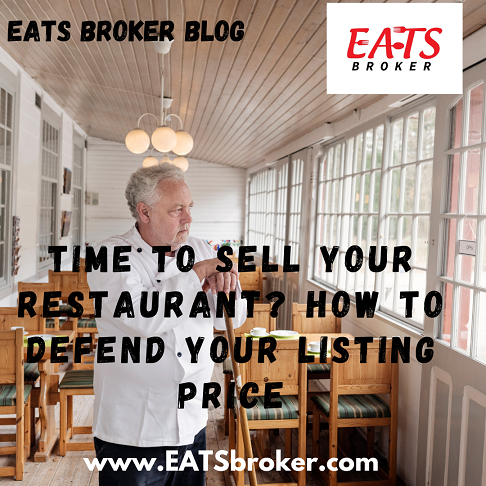
When it’s time to sell your Restaurant, how do you plan to defend your listing price? This question is excellent for anyone considering hiring a Restaurant Broker or For Sale by Owner. It’s easy to think of a random number, list a restaurant for sale, and answer buyer inquiries. Selling a restaurant is like fishing; […]
Want to sell your restaurant? What Restaurant Equipment do you own?
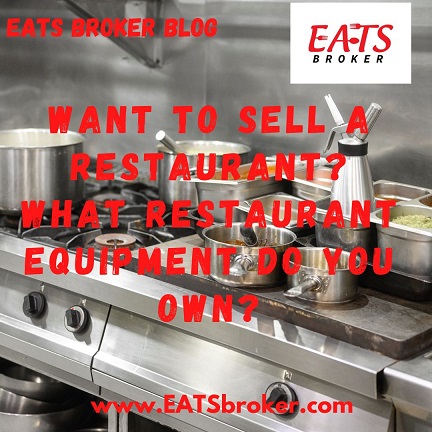
Want to sell your restaurant, and it’s time to create an equipment list? What Restaurant equipment do you own as a restaurant owner? This seems easy to answer, but most restaurant owners misunderstand what they own when leasing a restaurant space. The landlord is responsible for creating a lease to protect their interest when leasing […]
3 Types of Restaurants for Sale
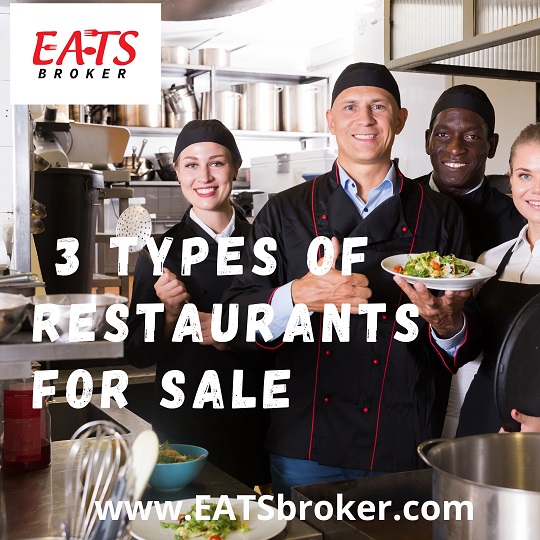
The start of a new year brings an increase in the inventory of listed restaurants for sale. There are three types of Restaurants for Sale that buyers will find on the market. The difference between the three types of for-sale methods is how they are listed. – Restaurants for Sale by a Business Broker […]
Why do Restaurant Brokers prequalify buyers
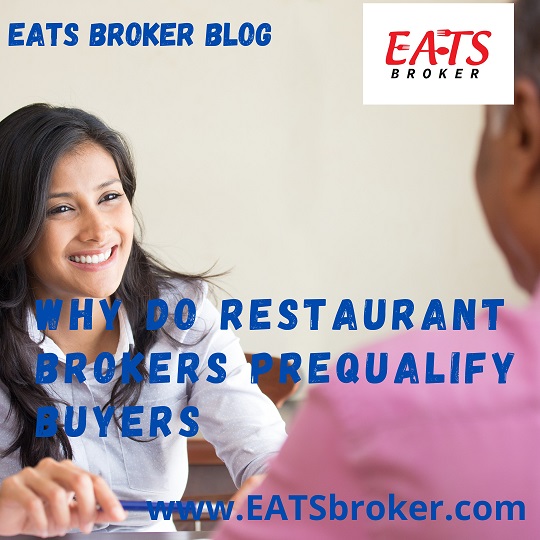
Why do Restaurant Brokers prequalify buyers before providing the restaurant name and financials? The answer is simple to protect the confidential information on the restaurant for sale. Restaurant buyers sometimes don’t understand the process of buying a restaurant and what’s involved. Many potential buyers understand they must first sign a Non-Disclosure Agreement (NDA) or confidentiality […]
Thinking about selling a restaurant in 2023
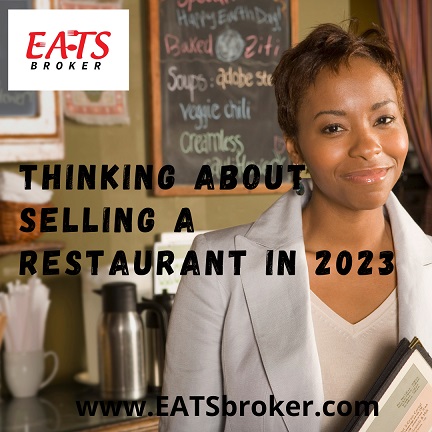
It’s the time of the year when restaurant owners are thinking about selling a restaurant in 2023. It’s been a challenging year with increased labor costs, supply chain issues, food price inflation, and a lack of government financial assistance. At the end of the year, some Restaurant owners must sacrifice time spent with their loved […]
Bring your own bottle (BYOB). Is it good for restaurants?
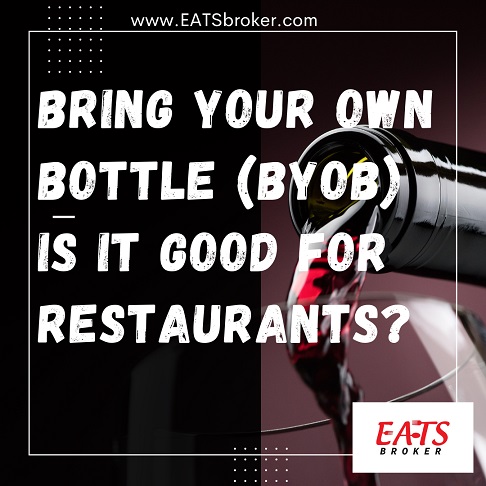
Bring your own bottle (BYOB) policy can be good for restaurants, but it also has some significant downsides. If a restaurant has a BYOB policy, customers are allowed to bring their alcoholic beverage of choice to the restaurant. Strict licensing requirements and high taxes on alcohol sales have made the idea of restaurant owners to […]
3 Mistakes to Avoid in Selling Your Restaurant
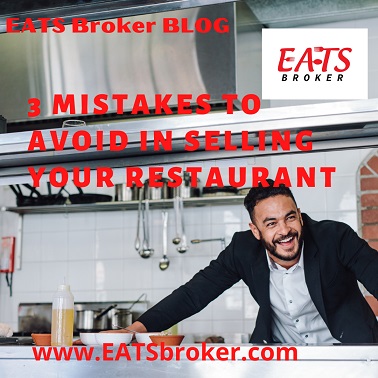
Selling a restaurant can be a complicated process. What are the mistakes to avoid when selling your restaurant? The Restaurant Broker at EATS Broker has been selling restaurants for over ten years. This blog will provide insights for restaurant owners thinking about selling a restaurant. Mistake #1 Listing your restaurant for sale too late Ask […]

